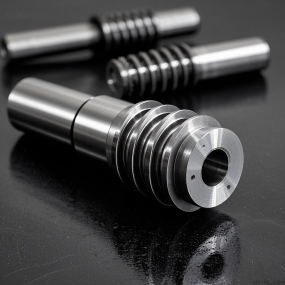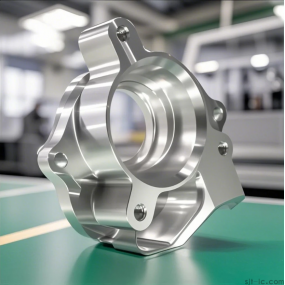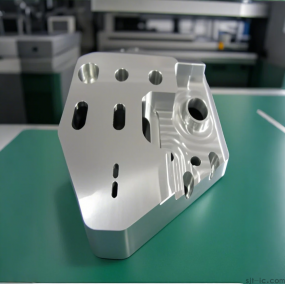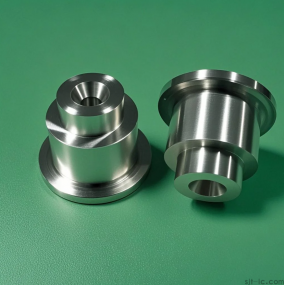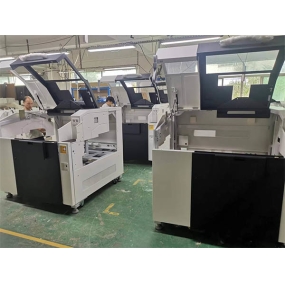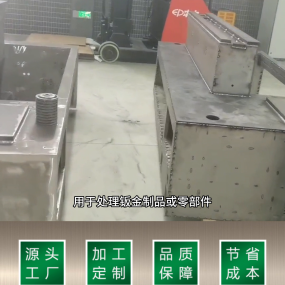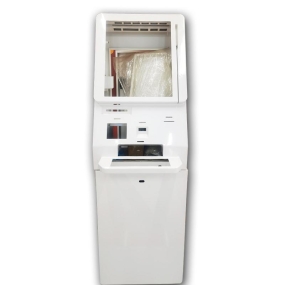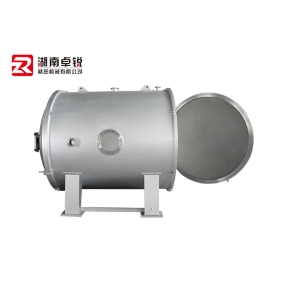Ever feel stuck when you need a custom machined part that's just... different? 🤔 You have the blueprint, but finding a shop that truly gets it – one that doesn't just follow orders but partners with you – can be a real headache. You're not just looking for a machine operator; you're looking for a problem-solving partner. This guide is here to walk you through that exact challenge.
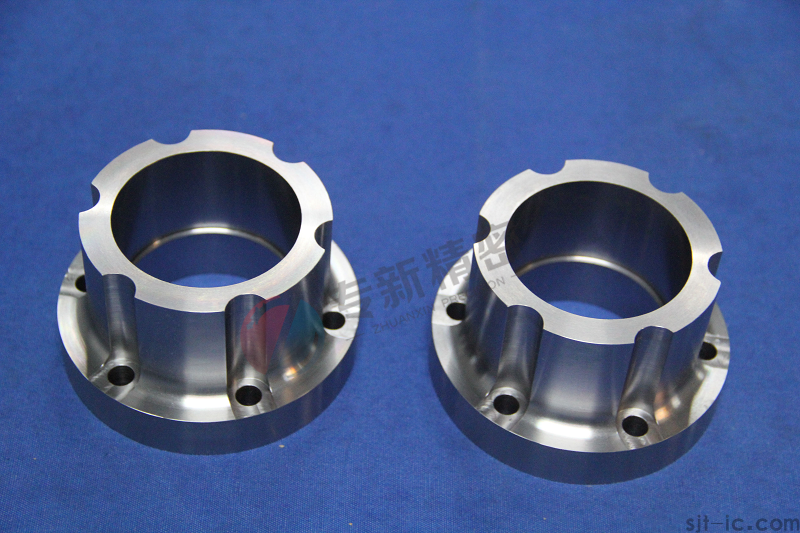
What Exactly Are "Non-Standard Parts" and Why Do They Need Special Attention?
Let's break it down. A standard part might be a simple screw or a common gear you can buy off the shelf. A non-standard part, however, is like a custom-made suit. It's designed for a unique function in your project. Maybe it has weird angles, super tight tolerances, or is made from a tricky material. This is where a regular CNC shop might struggle, but a high-end CNC factory thrives. They have the expertise and equipment to handle these one-off challenges, turning your complex design into a perfect physical reality.
Key Questions to Ask Before You Commit
Don't just send out your files and hope for the best. You need to be a detective. Here are some things you should absolutely be asking:
1. Can you show me examples of similar complex projects?
A portfolio is worth a thousand words. Look for parts that look as complicated or more so than yours.
2. What is your process for handling design feedback?
The best shops don't just make parts; they improve them. They might suggest a small change that makes the part stronger or cheaper to produce without hurting its function.
3. What advanced inspection equipment do you use?
For custom parts, measuring with simple calipers isn't enough. You want to hear about CMM machines and optical comparators that can verify every single curve and dimension. I always ask this one; it separates the pros from the ** s.
Looking Beyond the Price Tag: The Real Cost of a Bad Part
It's tempting to go with the lowest quote. I get it, budgets are tight. But a cheap part that fails can cost you ten times more in delayed projects, rework, and damaged reputation. The real value of a high-end CNC partner isn't just in the part they deliver, but in the headaches they help you avoid. They ensure the part is right the first time, saving you from costly downtime. That being said, the specific cost-benefit ratio can depend heavily on your industry's tolerance for error, which is something I'm still piecing together across different fields.
The "X-Factor" in a True Partnership
Okay, so they have the machines and the skills. But do they have the right attitude? The best experiences I've had are with shops where the communication feels easy. They reply to emails quickly, they're proactive about updates, and they aren't afraid to pick up the phone and talk through a potential issue. This kind of collaborative spirit is priceless. It transforms a simple vendor transaction into a strategic partnership. Perhaps this emphasis on communication is what truly defines a top-tier supplier, more than any single piece of equipment they own.
My Personal Takeaway on Supplier Selection
After years of dealing with this, I've learned that the goal isn't to find a perfect factory—because let's be honest, every shop has its strengths and weaknesses. The goal is to find a factory whose strengths align perfectly with your specific part's challenges and whose communication style matches yours. It's that alignment, that shared commitment to a successful outcome, that makes all the difference. It's less about a checklist and more about a feeling of confidence.
Hopefully, this gives you a clearer path forward. What's the biggest hurdle you've faced when sourcing custom parts? The answers might be different for everyone.


 Spanish
Spanish Arabic
Arabic French
French Portuguese
Portuguese Belarusian
Belarusian Japanese
Japanese Russian
Russian Malay
Malay Icelandic
Icelandic Bulgarian
Bulgarian Azerbaijani
Azerbaijani Estonian
Estonian Irish
Irish Polish
Polish Persian
Persian Boolean
Boolean Danish
Danish German
German Filipino
Filipino Finnish
Finnish Korean
Korean Dutch
Dutch Galician
Galician Catalan
Catalan Czech
Czech Croatian
Croatian Latin
Latin Latvian
Latvian Romanian
Romanian Maltese
Maltese Macedonian
Macedonian Norwegian
Norwegian Swedish
Swedish Serbian
Serbian Slovak
Slovak Slovenian
Slovenian Swahili
Swahili Thai
Thai Turkish
Turkish Welsh
Welsh Urdu
Urdu Ukrainian
Ukrainian Greek
Greek Hungarian
Hungarian Italian
Italian Yiddish
Yiddish Indonesian
Indonesian Vietnamese
Vietnamese Haitian Creole
Haitian Creole Spanish Basque
Spanish Basque

